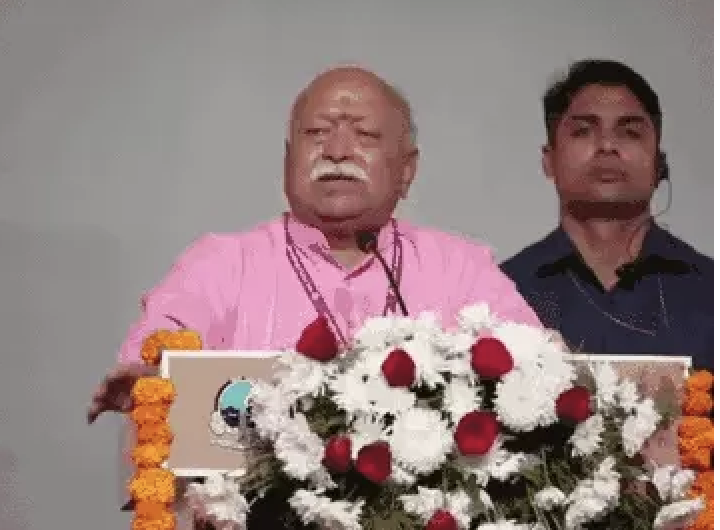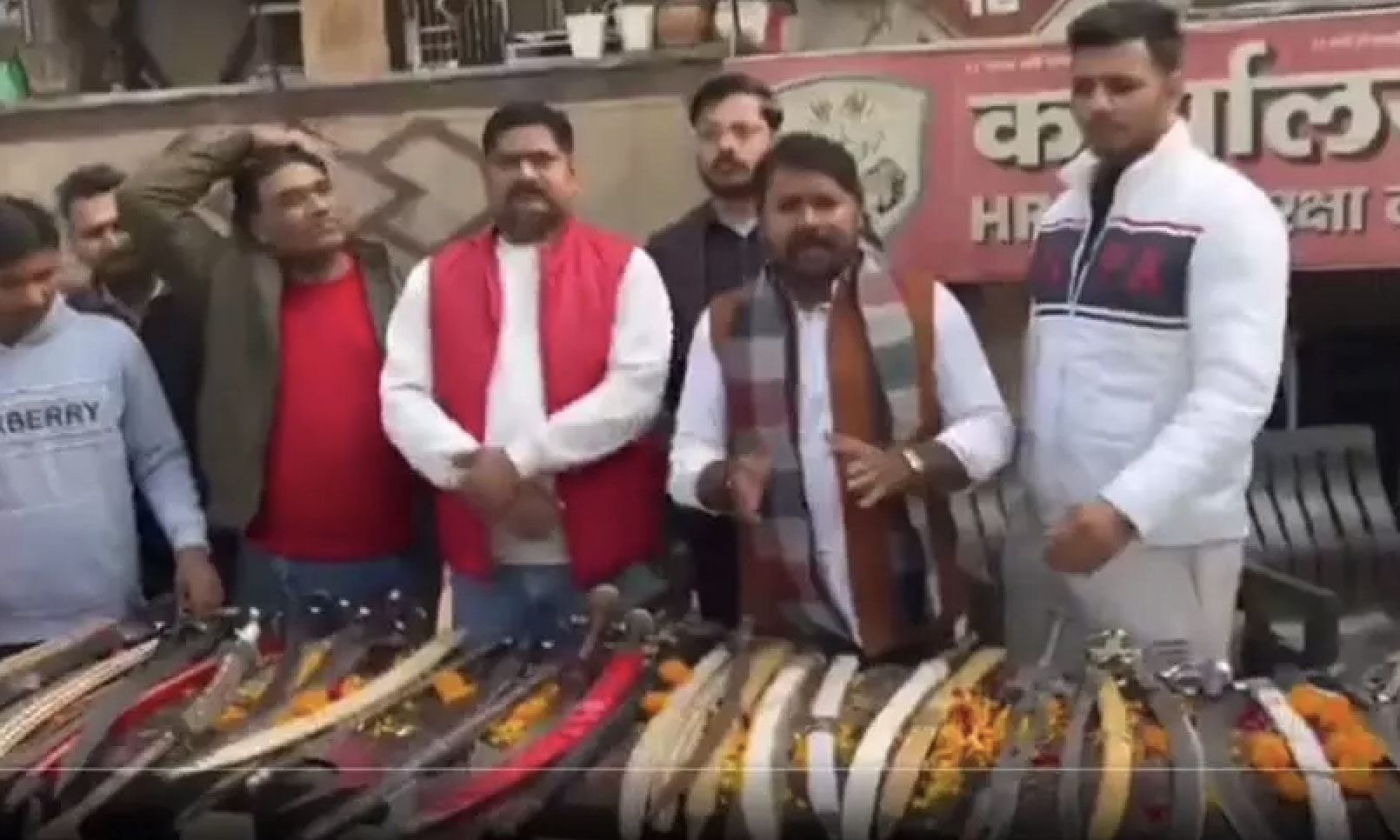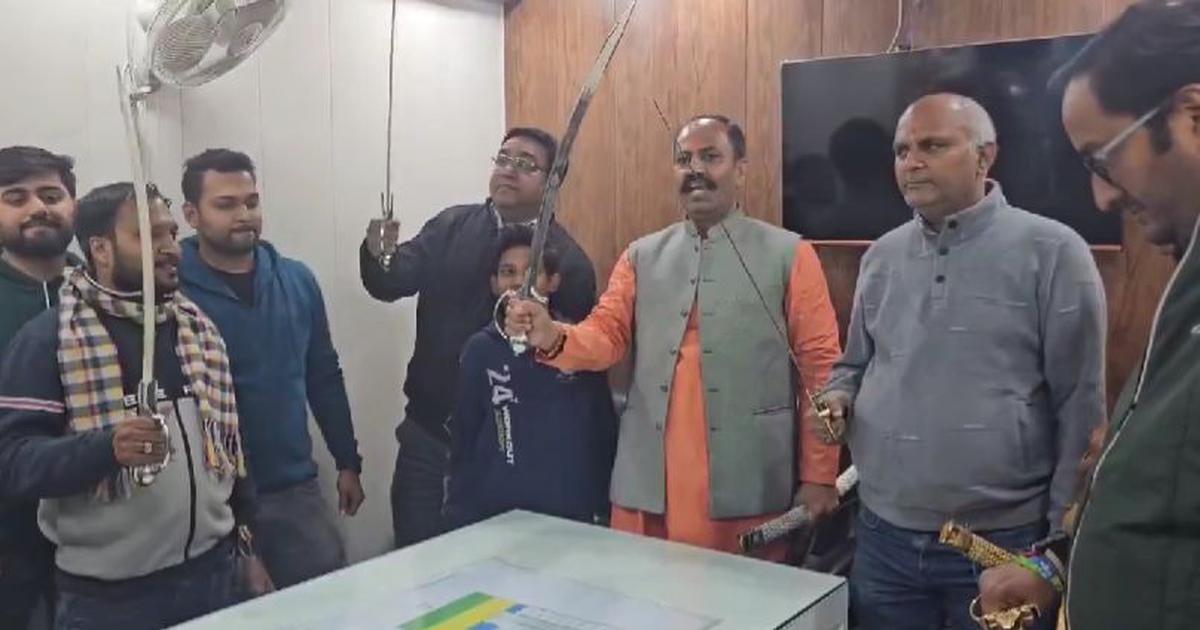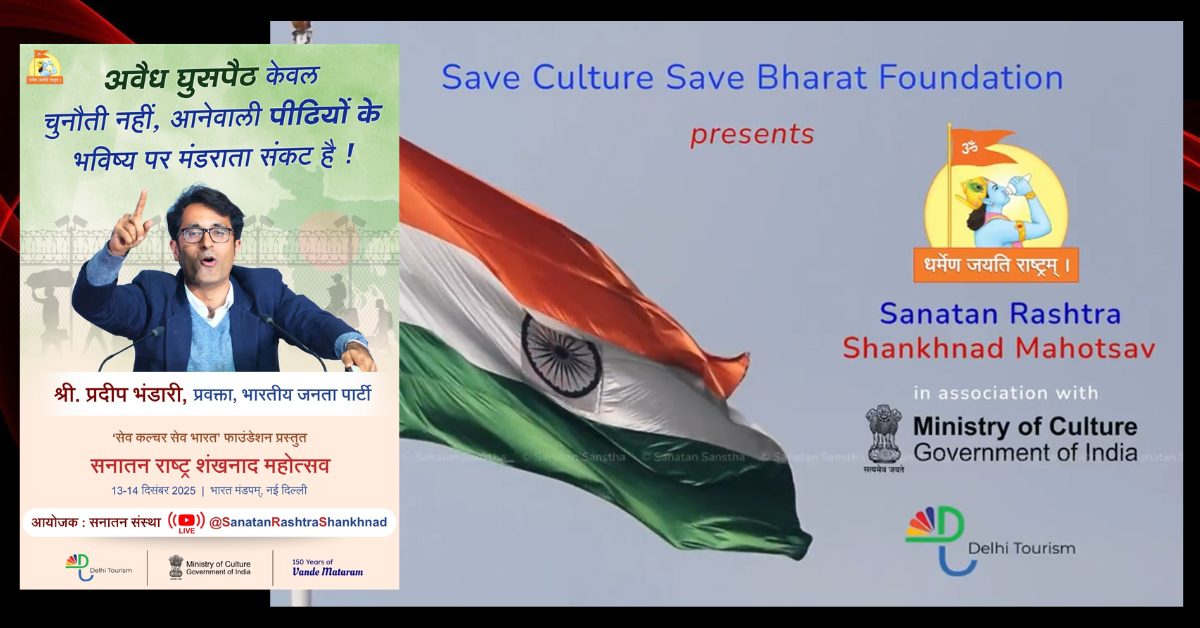On 24 December 2023, a little-known organisation, the Janajati Suraksha Manch, held a rally in Jharkhand’s Ranchi, demanding the delisting of converted tribals from the Scheduled Tribes list. Two days later, it held another rally in Tripura’s Agartala, with the same demand. The rally, originally scheduled for Christmas, had been deferred after Tripura’s chief minister, Manik Saha, intervened. Earlier in the year, the Janajati Dharma Sanskriti Suraksha Manch, a faction of the JSM in Assam, had held a protest in Guwahati, asking for a ban on religious conversions along with the delisting. Some of their rallies attracted thousands from the tribal community, as per media reports.
A recent and, till now, relatively obscure organisation—it does not have a website but a Facebook page exists—the JSM is backed by the ruling Bharatiya Janata Party and is an affiliate of the Rashtriya Swayamsevak Sangh. Its convenor, Ganesh Ram Bhagat, was a minister in the Raman Singh-led Chhattisgarh cabinet from 2003 to 2008. The JSM’s co-convenor, Raj Kishore Handsa, is a full-time worker of the Vanvasi Kalyan Ashram, the Sangh’s tribal wing. Binod Kumbang, the chief of the JDSSM, told me that the JSM was formed in 2006 with the explicit goal of saving “the original identities of the ST people of India” by ensuring that reservations are not extended to those who have converted to, what he calls, “foreign” religions. In a selective misreading of the Constitution, the JSM demands parity for STs with the Scheduled Castes vis-a-vis the provisions for reservations. At Ranchi, Bhagat said that “Adivasis … are actually Hindus.” The JSM has scaled up its activities over the past few years, with several rallies and public meetings in the tribal and Adivasi-dominated districts of central and northeast India.
This story was originally published in caravanmagazine.in. Read the full story here.






